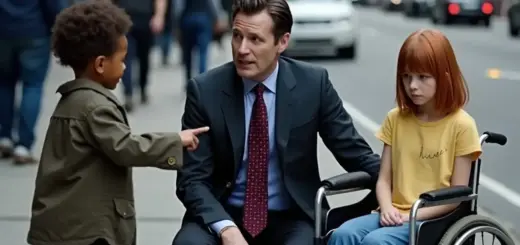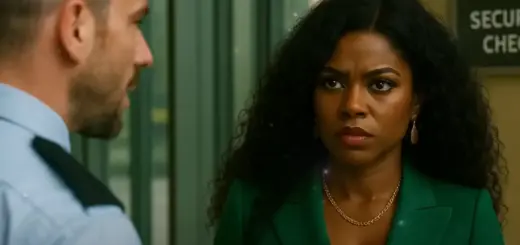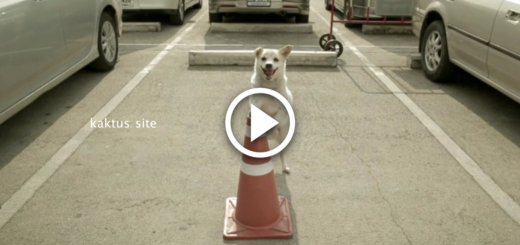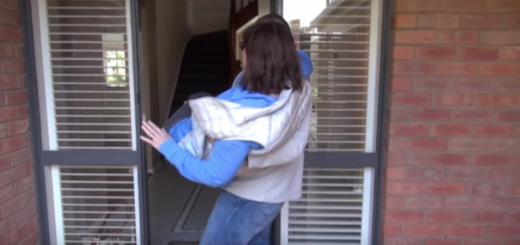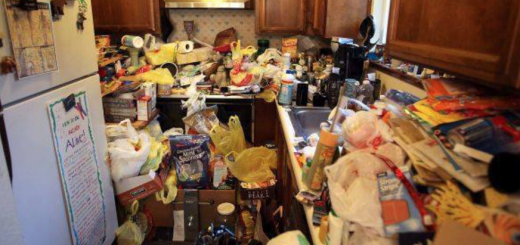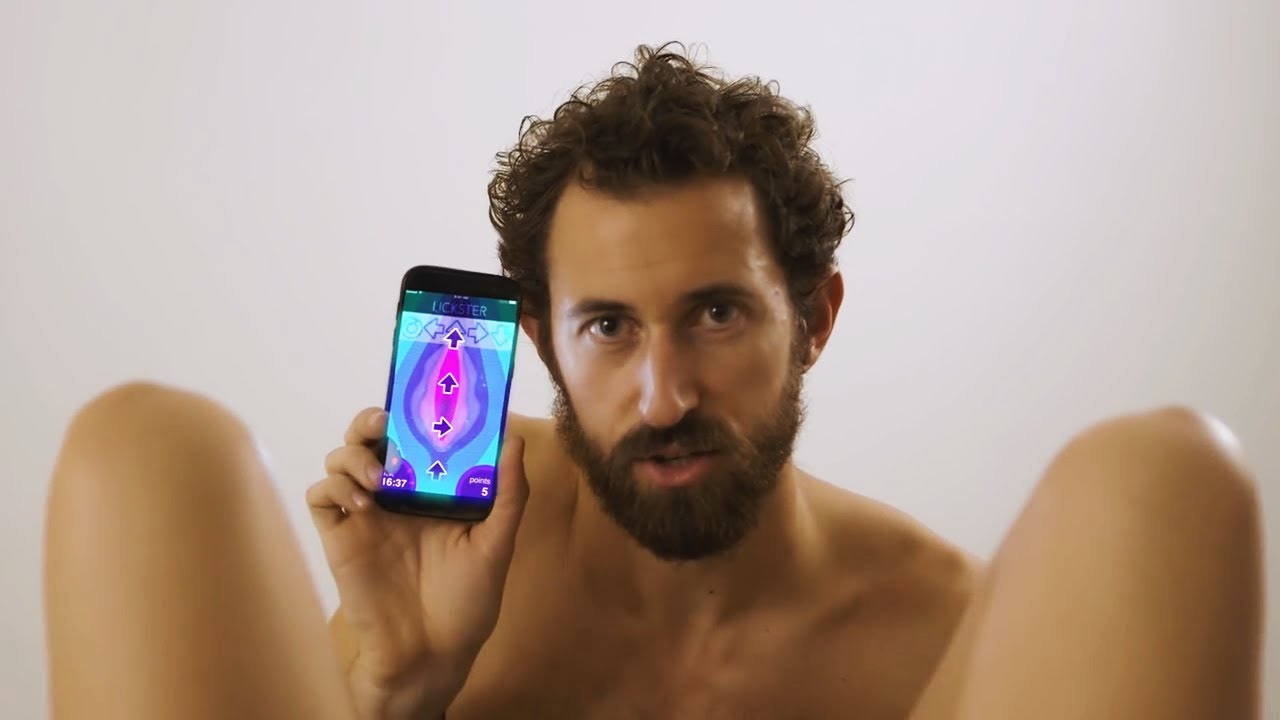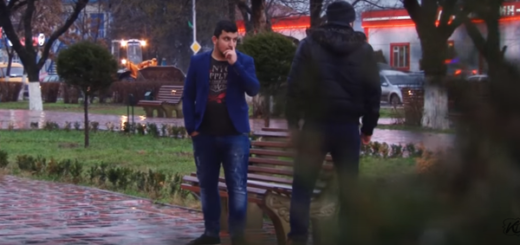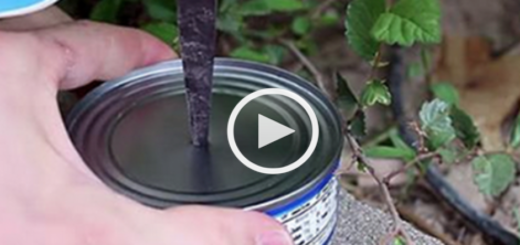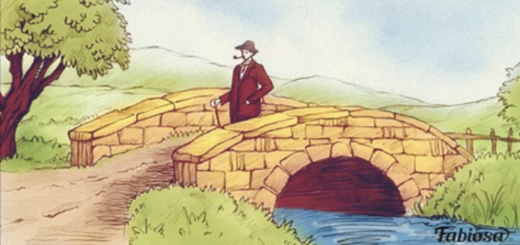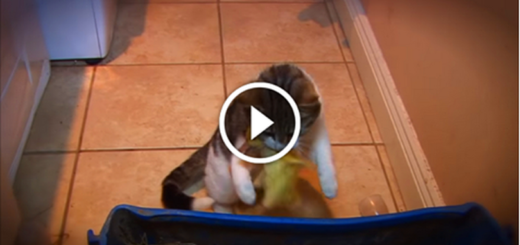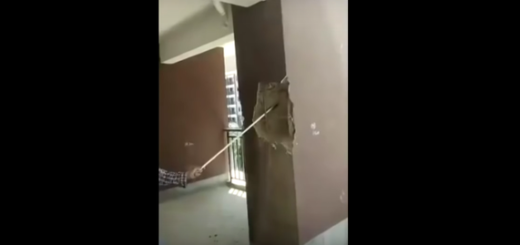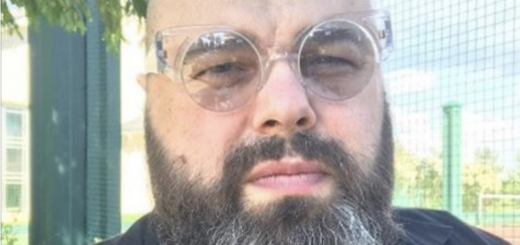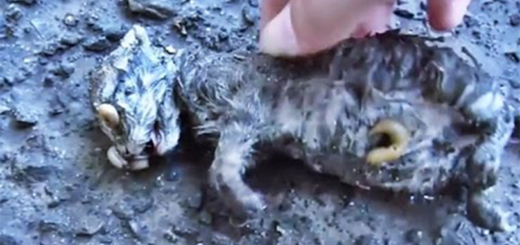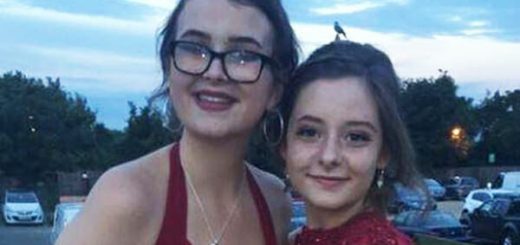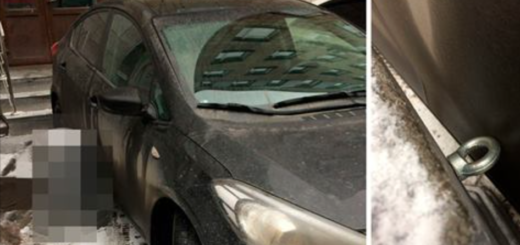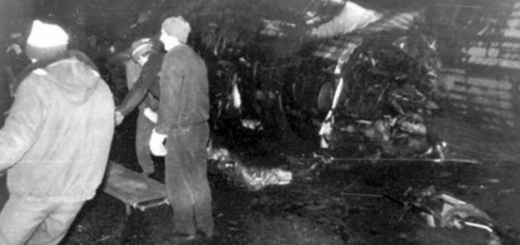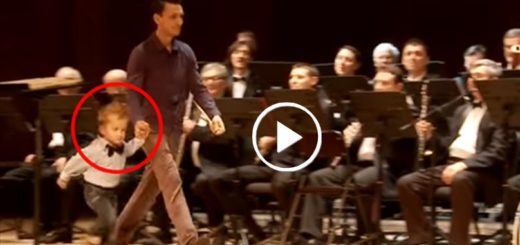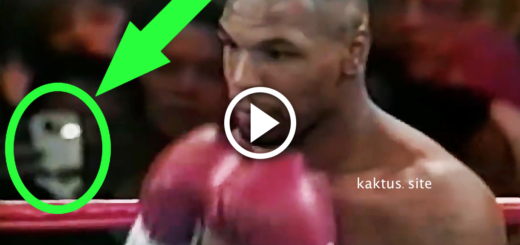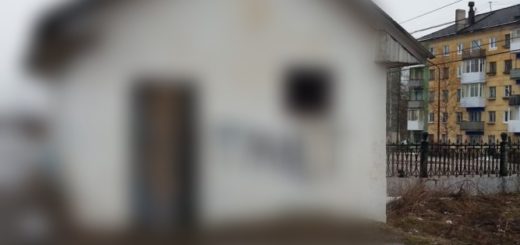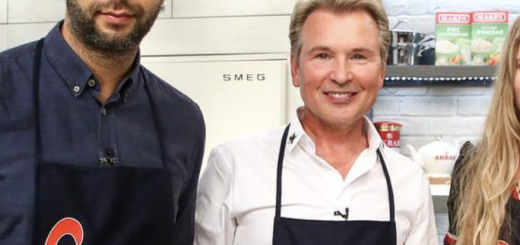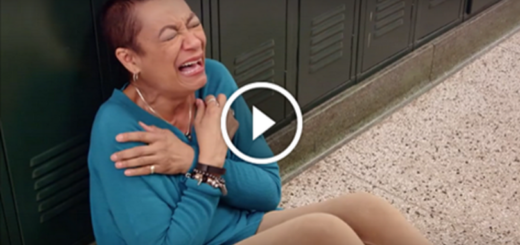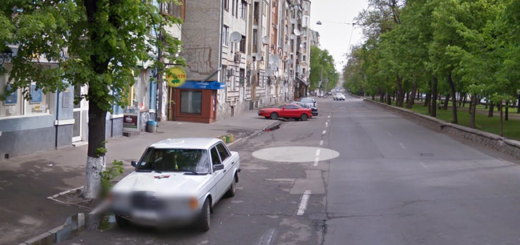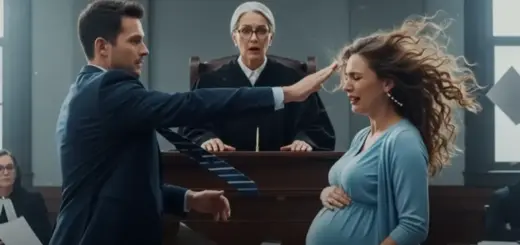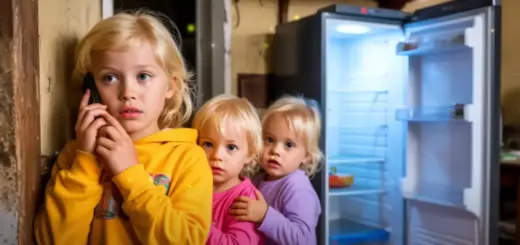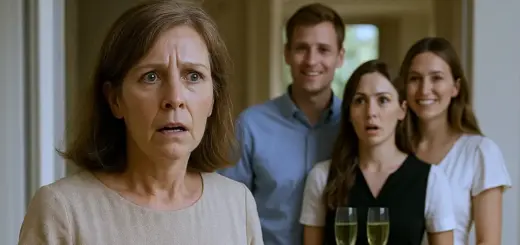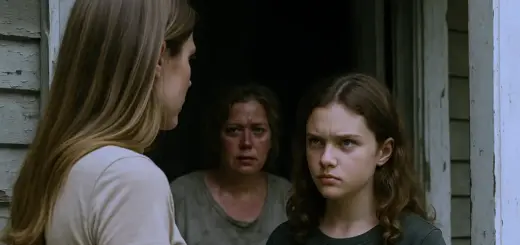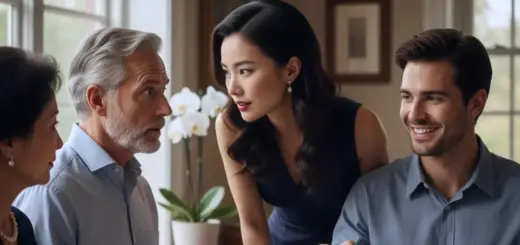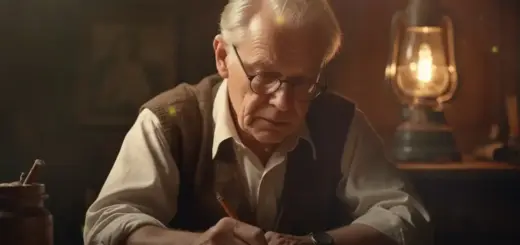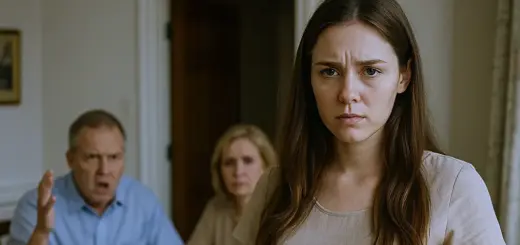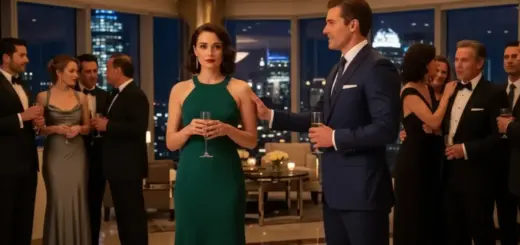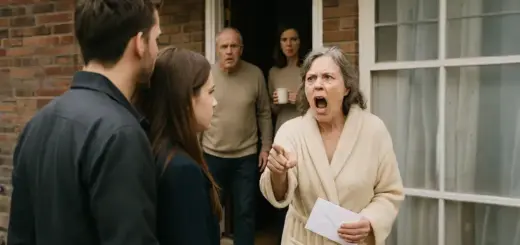The bitter irony wasn’t lost on any of us. As the evening wound down and the women began leaving, each departure was accompanied by long embraces and promises to maintain our monthly dinners. We’d become an unlikely family, bonded by betrayal but defined by our resilience.
Sarah was the last to leave, pausing at my door. «You know what struck me most about your statement today? You didn’t just expose what he did. You exposed who he really was. There’s something powerful about that kind of truth.»
After she left, I stood at my window looking out at the city lights. Somewhere in federal holding, Caleb was beginning his seven-year sentence. Somewhere in Iowa, Amanda was preparing for motherhood. Somewhere in this city, other women were living with similar secrets, similar shame, similar confusion about love versus control.
I thought about the woman I’d been at Marcus’s party, standing frozen while strangers laughed at my humiliation. She felt like someone I’d known once but could barely remember now. In her place stood someone harder, perhaps, but also clearer. Someone who understood that real strength wasn’t about enduring cruelty but about exposing it, completely and without apology.
The morning light streamed through the floor-to-ceiling windows of Marcus’s former penthouse, casting long shadows across marble floors that had witnessed my public humiliation exactly one year ago. The realtor, an energetic woman named Beth who didn’t know the history of this space, gestured enthusiastically at the view. «The seller is highly motivated,» she said, her voice echoing in the empty rooms.
«The bankruptcy trustees want this sold quickly. At half the original purchase price, it’s an incredible opportunity.»
I walked to the spot where I’d stood frozen while Caleb compared me to a dog, running my hand along the cold glass.
The terrace doors were open, and I could see the space where couples had danced that night. The same marble, the same walls, but stripped of furniture and pretense. It looked smaller somehow, less intimidating.
«The maintenance fees are reasonable for a property of this caliber,» Beth continued, checking her tablet. «And with your preapproval amount, you could easily…»
«I’ll pass,» I said quietly, surprising myself with the certainty in my voice.
Beth looked confused. «But you haven’t even seen the master suite, or the…»
«I don’t need to own this space to know I’ve already conquered it.» I turned from the window, taking one last look at the empty room.
Some victories don’t require possession. Sometimes walking away is the real triumph. As the elevator descended, I felt lighter with each floor we passed.
I didn’t need to transform that penthouse into something else. My transformation had already happened without needing to claim that particular piece of real estate. Two weeks later, my article appeared in the New England Journal of Medicine.
«When Success Blinds: High-Achievement Professionals and Intimate Partner Deception» examined how career-focused individuals, particularly in medicine and law, often miss signs of emotional and financial abuse in their personal relationships. The response was immediate and overwhelming. My hospital email filled with messages from other doctors, lawyers, executives, mostly women but some men too, sharing their own stories of how professional success had made them targets for predatory partners who saw achievement as something to exploit rather than admire.
Harvard Medical School reached out first, inviting me to speak at their conference on physician wellness. Then Stanford, Johns Hopkins, and dozens of other institutions. Each speaking engagement revealed the same pattern.
Accomplished professionals so focused on their careers that they’d explained away red flags as stress, dismissed cruelty as tough love, rationalized exploitation as partnership.
«Your article saved my marriage,» a young resident told me after a talk in Boston. «Not because it helped me fix it, but because it helped me realize there was nothing left to fix.»
«I’d been performing CPR on something that died years ago.»
That phrase, «performing CPR on something already dead,» had resonated with so many readers that it became the unofficial title of my talks. Three months after the article’s publication, I stood in my parents’ backyard in Milwaukee, watching my father blow out 70 candles on a cake my mother had spent two days perfecting.
The same family members who’d attended my wedding to Caleb were here, but the atmosphere was different now. Lighter. No one was pretending anymore.
«I never liked him,» my Aunt Patricia announced after her third glass of wine. «His handshake was too firm, like he was trying to prove something.»
«You said he seemed charming,» my mother reminded her.
«I said his teeth were very white. That’s not the same thing.»
Everyone laughed, and I realized this was the first family gathering where Caleb’s absence felt like a presence worth celebrating rather than avoiding.
«Claire, dear,» my father called out, «come here, there’s someone I want you to meet properly.» David Patterson stood near the garden my mother tended religiously, looking surprisingly comfortable in jeans and a casual shirt instead of his usual federal prosecutor attire. We developed an unexpected friendship over the months of trial preparation, built on mutual respect and absolutely zero romantic undertones.
«Your father invited me,» David explained, looking slightly embarrassed. «He said I needed to try your mother’s potato salad before I could claim to understand the Midwest.»
«And?» I asked.
«Life-changing,» he admitted. «I may need the recipe for evidence.»
My father beamed, clearly pleased with his matchmaking attempt despite my repeated explanations that David and I were merely friends. What my father didn’t understand, what most people didn’t, was how valuable that friendship was.
David treated me as an equal, sought my opinion on cases involving financial crimes against spouses, never once suggested that my strength was intimidating or my success was excessive.
«Eleanor called yesterday,» David mentioned quietly while my father got distracted by grandchildren arriving. «Caleb’s appealing his sentence.»
«Let him,» I said, watching my mother fuss over my sister’s children. «Appeals require new evidence. All he has are the same old lies in a different order.»
Six months later, I stood in an operating room preparing for one of the most delicate surgeries of my career. Senator Rebecca Walsh’s 17-year-old daughter needed a complex valve repair, the kind of procedure that required absolute precision and steady hands. Seven hours later, I emerged from surgery to find the senator waiting with tears in her eyes.
«You saved her life,» she said, gripping my hands. «How can I ever repay you?»
«I was doing my job,» I replied, the same response I gave to every grateful parent.
«No,» she said firmly. «This is more than a job. This is a gift. Have you ever considered healthcare policy?»
«I’m forming a committee on medical access reform. We need voices like yours, people who understand both the human cost and the practical realities.»
I thought about the offer over the following weeks. It would mean less time in surgery, more time in Washington.
Less direct healing, more systemic change. The kind of opportunity that Caleb would have killed for. The prestige, the power, the proximity to influence. But I wasn’t Caleb.
I didn’t need external validation to know my worth anymore. Standing in my office, looking at the acceptance letter for the committee position, I thought about that woman on the dance floor. The one who’d leaned in for a kiss and received public humiliation instead.
She’d been so desperate for connection that she’d ignored every warning sign, every red flag, every moment of cruelty disguised as humor. That woman had needed to be destroyed for this one to emerge. Caleb’s cruelty hadn’t broken me. It had broken the shell I didn’t know I was living in.
His public rejection had forced me to reject the life I’d been accepting, the diminishment I’d been normalizing, the cage I’d been decorating instead of escaping. I signed the committee acceptance letter with the same steady hands that had saved the senator’s daughter, that had packed Caleb’s belongings, that had held the microphone at countless speaking engagements where I’d told the truth about marriages that looked perfect from the outside but were crime scenes within. The woman who’d stood frozen on that dance floor was gone.
In her place stood someone who understood that real power didn’t come from being chosen or validated or included. It came from choosing yourself, validating your own worth, and including your own voice in conversations that mattered. Some words sting. Others heal.
But the truest words, the ones that cut deepest, are the ones we finally say to ourselves. I deserve better. I am enough. I choose me.


